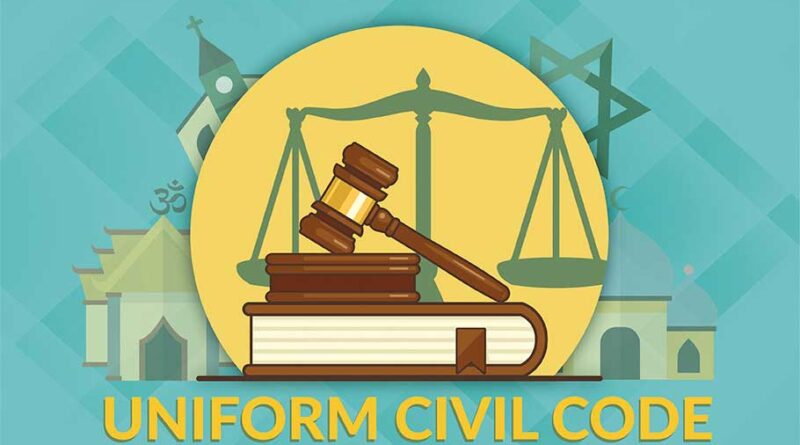Why UCC is important for Adoption Reforms in India
Recently, I came across a shameful incident in the news where a couple sold their eight-month child to buy an iPhone for making Instagram reels and were about to sell their second child too. Thankfully they were caught, and I am certain they shall be penalised. This is one extreme case, while another extreme case is that there are more than 30,000 parents who are childless and waiting for three or more years to find a child. Despite many recent amendments in existing laws and regulations, why does it take longer to adopt a child? One answer is that there is a shortfall of children who are legally free to adopt but on the other hand there are some drawbacks in the existing process of adopting a child.
Firstly, the eligibility requirements for adoption vary depending on the religious community. For example, under Hindu law, a married woman cannot adopt a child, while under Islamic law, only a man can adopt a child. Secondly, the process of transferring parental rights from the biological parents to the adoptive parents is complex and time-consuming. especially difficult for children who are orphaned or abandoned. Even the rights of adopted children vary depending on the religious community. For example, under Hindu law, an adopted child is considered to be the natural child of the adoptive parents, while under Islamic law, an adopted child is not considered to be a blood relative of the adoptive parents. Hence the different personal laws governing adoption also leads to discrimination against certain groups of people, such as single people, same-sex couples, and interfaith couples, making it more difficult for these groups of people to adopt a child. It also makes it difficult for people to understand their rights and responsibilities as adoptive parents or children.
How can a Uniform Civil Code help? A UCC would help to overcome these drawbacks by providing a single, uniform set of adoption laws for all citizens of India. This would ensure that all children have the same opportunities to be adopted and that all adoptive parents and children have the same rights and responsibilities, regardless of their religion or the religion of their adoptive parents. It would also simplify the process of transferring parental rights and make it easier for adopted children to inherit property and other assets. UCC would provide clarity and certainty for adoptive parents and children, and it would make it easier for them to access the legal system.
A UCC would help to increase social acceptance of adoption. It would help to reduce the stigma associated with adoption. This would make it easier for adoptive parents to raise their children in a supportive environment. It would further help to reduce discrimination against certain groups of people, such as single people, same-sex couples, and interfaith couples, who are currently facing challenges in adopting a child. It would make it easier for adoptive parents to adopt children from other religions.
However, the UCC is not without its challenges, despite our PM strongly advocating for its implementation. There is some opposition to the idea of a UCC, particularly from religious and tribal groups. However, the potential benefits of a UCC for adoptive parents and children outweigh the challenges. It would help to ensure that all children have the opportunity to grow up in a loving and stable home.
The writer is an adoptive parent and recipient of “Thane Gaurav” (2022), the second highest civilian status award instituted by Thane Municipal Corporation. He can be reached via twitter id @vaprabhudesai
-Vidyadhar Prabhudesai

